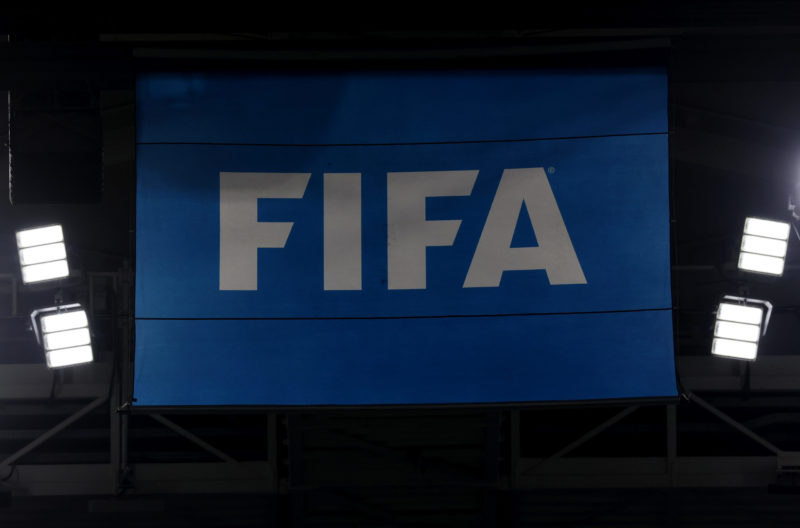FIFA have introduced an alternative to VAR called the Football Video Support and the Arsenal Academy were involved in the trial as they played and won the Blue Starts FIFA Youth Tournament
Football Video Support (FVS), a simplified alternative to the Video Assistant Referee (VAR) system, is to be used on a trial basis at the upcoming FIFA U-20 Women’s World Cup™ in Colombia as FIFA continues to lead the use of technology to support referees.
The decision, which followed a successful initial trial at the Blue Stars/FIFA Youth Cup™ in Zurich, Switzerland, in May, was confirmed ahead of the draw for the 24-team tournament which takes place from 31 August to 22 September.
Arsenal won that tournament with our young playmaker Maddy Earl winning the Golden Ball.
Women’s tournament
Group A FC Basel 1-0 Olympique Lyonnais, FC Zurich 0-3 Arsenal
Group B BSC YB 1-1 Valencia, Grasshopper Club Zurich 1-1 RB Leipzig
Semi-finals FC Basel 2-1 BSC YB, RB Leipzig 0-0 (1-3 PSO) Arsenal
Final Arsenal 0-0 (4-3 PSO) FC Basel
Women’s tournament awards adidas Golden Ball: Maddy Earl (Arsenal) adidas Golden Glove: Irina Fuchs (FC Basel) FIFA Fair Play: RB Leipzig
It is a very interesting step in refereeing, as VAR has obviously been subject to many controversies in England and around the world, as errors still happen despite having VAR and AVAR reviewing key moments from the game.
The FVS is a cheaper alternative to VAR and also offers the possibility for coaches to interact and pro-actively request for a review of the play, the same as we see in tennis with the ATP and WTA tours.
A statement said, “While the VAR system has been adopted in over 200 individual competitions globally, spanning 65 member associations, FIFA has received numerous requests from member associations who want an alternative, cost-effective way to support match officials with technology.
“In response, it has developed the FVS which, unlike VAR, does not use dedicated Video Match Officials and therefore does not automatically check all match-changing incidents. Instead, the onus falls on the two head coaches, who will be allowed to make a limited number of review requests per match when they feel there has been a clear and obvious error in match-changing incidents such as goal/no goal, penalty/no penalty, direct red card or mistaken identity.”
I feel this is a positive development that empowers managers, who will be able to challenge referees in a simple and respectful way.
It will simplify the relations between coaches and referees.
It is also important for teams that cannot afford all the technology needed and costs associated with VAR.
The upcoming u-20 WWC will be an interesting laboratory and let’s hope it will be a positive experiment that will benefit the game in the near future.
